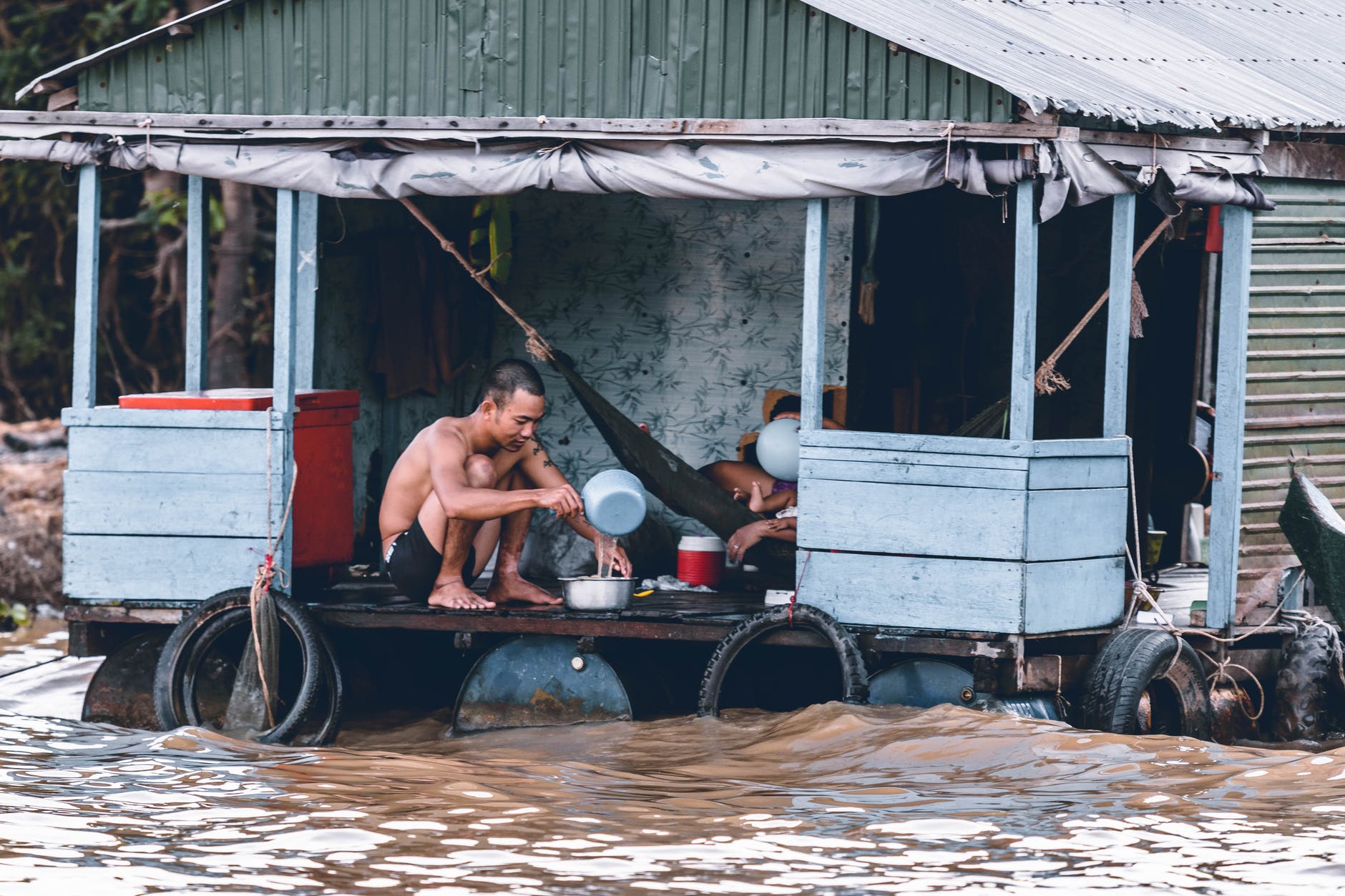
The economic hit from the coronavirus pandemic can push half a billion people into poverty, according to the new report released by Oxfam.
The report published by Oxfam ahead of next week’s International Monetary Fund (IMF) and World Bank annual meeting assessed the effects of the crisis on global poverty due to dwindling household incomes or consumption.
“The economic crisis that is rapidly unfolding is deeper than the 2008 global financial crisis,” the report stated.
“The estimates show that, regardless of the scenario, global poverty could increase for the first time since 1990,” the report furthered, adding that this could press some countries down to poverty levels last witnessed around three decades ago.
Oxfam's observations looked into several scenarios, using the World Bank’s various poverty lines - from extreme poverty, which refers to living on $1.90 a day or less, to higher poverty lines of surviving on less than $5.50 a day.
Given the most severe scenario, such as a 20% contraction in income, the number of individuals living in extreme poverty may soar by 434 million people to 922 million worldwide. The same scenario expects the number of people living below the $5.50 a day threshold to increase by 548 million people to nearly 4 billion.
Findings also revealed that women are at more risk than men, as the former are more likely to work in the informal economy with inadequate or no employment rights.
“Living day to day, the poorest people do not have the ability to take time off work, or to stockpile provisions,” Oxfam warned, explaining that more than two billion informal sector workers worldwide are not granted sick pay.
According to the World Bank last week, poverty in East Asia and the Pacific region alone may rise by 11 million people if the state of the economy further shrinks.
To ease the effects of the coronavirus on economic condiutions, Oxfam recommended a six point action plan that can distribute cash grants and bailouts to affected individuals and businesses. They also called for debt cancellation, more support from IMF, and further aid. Taxing wealth, extraordinary profits, and speculative financial products can increase funds, Oxfam added.
Based on Oxfam's data, governments worldwide have to raise at least $2.5 trillion to support developing nations.
“Rich countries have shown that at this time of crisis they can mobilize trillions of dollars to support their own economies,” the report said.
“Yet unless developing countries are also able to fight the health and economic impacts the crisis will continue and it will inflict even greater harm on all countries, rich and poor.”
IMF forecasts
IMF suggests that the state of the global economy in 2020 may turn out as the worst financial crisis since the Great Depression.
According to IMF, the global economy would contract by 3% in 2020. In January, the organization predicted a global GDP (gross domestic product) expansion of 3.3% for this year.
“It is very likely that this year the global economy will experience its worst recession since the Great Depression, surpassing that seen during the global financial crisis a decade ago,” Gita Gopinath, the IMF’s chief economist, said in the latest World Economic Outlook report.






